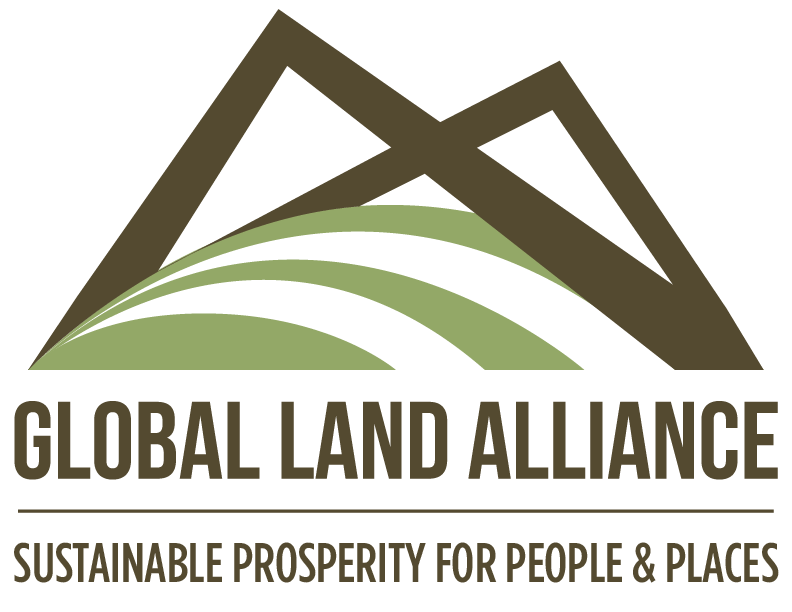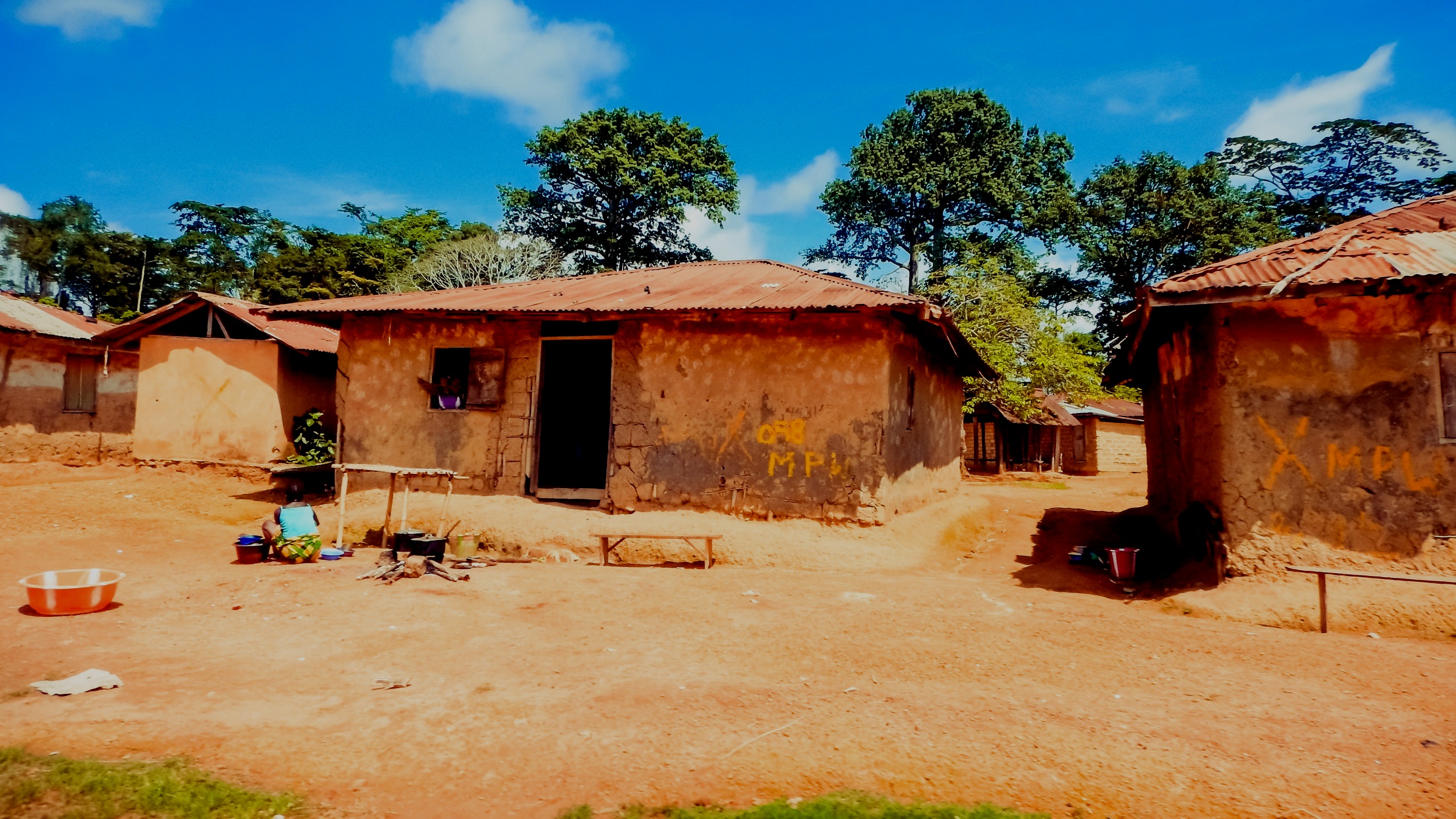In Brazil and around the world, insecure property rights prevent families from feeling confident about the future, businesses from investing, and communities from becoming more productive and engaged in politics due to lack of recognition. Many residents of Brazil’s favela communities with informal legal recognition of property rights face such threats of insecurity or eviction. Terra Nova, a private social enterprise, is innovating an alternative financially sustainable, and scalable alternative solution to regularizing legal status and bringing infrastructure and services to favelas located on privately-owned land.
Read MoreAs a young law school graduate, John Bruce joined the Peace Corps in Ethiopia in 1968, a move which ultimately transformed his career in land tenure. He became an expert on the intricacies of land tenure systems in Africa, later adding experiences in China and East Asia over several decades. As both a policy advisor and researcher, he taught at several institutions worldwide, including the Land Tenure Center at the University of Wisconsin-Madison. Global Land Alliance sat down with Dr. Bruce as he reflected on lessons learned for the sector, past to present.
Read MoreSlash and burn agriculture is commonly practiced by poor farmers living in fragile ecosystems in many places throughout the world, particularly relevant in Dominican Republic. GLA and REDDOM have been working to promote the adoption of agroforestry technologies and practices to reduce the negative effects of hillside agriculture, improve agriculture productivity and revert soil degradation while contributing to adaptation and mitigation to climate change.
Read MoreOne key lesson from international development is the importance of community participation and inclusion throughout the project life cycle. Land and resource management projects have the potential to significantly impact communities, but the efforts to consult with communities and incorporate their participation into the project design are sometimes inadequate.
Read MoreIn June 2019 we conducted a review of academic literature that uses the term “perceived” or “perceptions” in conjunction with “tenure security” or “secure tenure”. We limited the review to the 33 countries covered by the baseline Prindex survey in 2018. The aim is to benchmark the Prindex findings against existing quantitative evidence of perceived tenure security.
Read MoreIn her documentary film PUSH, Leilani Farha, United Nations Special Rapporteur on the Right to Adequate Housing, reveals the human toll that global gentrification trends are taking, by capturing the personal testaments of those living in cities around the world who are experiencing the particular kind of housing insecurity that results from these trends.
Read MoreOn June 4th, Global Land Alliance hosted the ‘Geographic Positioning Solutions for Land in Development’ brainstorming dialogue and panel discussion in Washington D.C. The purpose of the event was to facilitate a collaborative discussion between ‘suppliers’ and ‘appliers’ of positioning technology for use in the land tenure and administration sector.
Read MoreWhen people feel secure about their land and property rights, it gives them the freedom to think about, and invest in, their future. This is why secure land and property rights are the essential building blocks of social justice and economic development.
Read MoreIn Bangladesh the residents of long-term internal displacement camps (known locally as the “Bihari Camps”) are considering the CLT (Community Land Trust) as a tool to help them resolve their tenure insecurity and inhumane living conditions. There are currently 116 camps across the country, housing over 160,000 individuals, who were meant to be “repatriated” to Pakistan following the civil war in 1971, which led to the birth of an independent Bangladesh.
Read MoreDuring the 2019 World Bank Conference for Land and Poverty, an Analytical Framework for the Securing Forest Tenure Rights for Rural Development initiative was launched, a first product of a longer partnership between World Bank and Global Land Alliance, funded by the World Bank’s Program on Forests (PROFOR).
Read MoreWith the recent declaration of a State of Emergency by President Trump to build a border wall between the US and Mexico, questions about property rights and property security come to the forefront. Discretionary powers potentially available to the president may be used to expropriate private property. The use of this Emergency power raises fundamental questions about the integrity of property rights and rule of law in the United States under this declaration and for potential future applications.
Read MoreMaps of administrative boundaries are important tools for governments and citizen as they directly impact allocations of social services and control of natural resources. In Indonesia, many local governments are working to establish village boundaries for the first time.
Read MoreIn 1963, David Stanfield—then a graduate student living in Washington DC—was threatened with eviction for having an African American friend to his apartment. Finding the owner of the apartment in order to contest the eviction proved to be almost impossible due to a cascade of companies behind the administrator of the building. For the next 55 years, Stanfield would dedicate his life to exploring the issues of property, power, and rights.
Read MoreThis past October, the Prindex team, a joint effort by the Global Land Alliance and the Overseas Development Institute (ODI), alongside funders Omidyar Network and DFID, launched its first 15 countries worth of data on the sidelines of the Committee for Food Security’s 45th meeting at the Food and Agriculture Organization in Rome.
Read MoreThe following poster was presented at the GIS Expo in South Florida in August 2018. It presents the outcome of a collaboration between Global Land Alliance (GLA), the Forest County Potawatomi Community’s Land and Natural Resources Division (FCPLNRD), and University of Florida (UF) Geomatics Program. The group conducted a technical exchange to better understand the potential of Unmanned Aerial Systems (UAS) technology in assessing and managing Forest County Potawatomi community land, natural resources and infrastructure.
Read MoreGlobal Land Alliance (GLA), in collaboration with professors from the University of Florida’s Geomatics Department and the Forest County Potawatomi Community Land Information Department, conducted a hands-on, technical demonstration in northern Wisconsin this past June, 2018; exchanging ideas on the potential benefits of utilizing Unmanned Aircraft Systems (UAS) in assessing the Community’s natural resources and physical infrastructure.
Read MoreIn Haiti, in addition to the insecurity experienced by informal occupants, users or tenants of State and private lands, “tenure insecurity” relates to the generalized lack of clarity about land ownership, namely to the lack of knowledge, based on legal proof, and of publicity about parcel boundaries, the identity of owner(s), and ownership rights.
Read MoreThis paper presents the challenges and possible opportunities to resolve an intractable issue plaguing both land tenure security and social equity in the Dominican Republic – an issue which is a remnant of the agrarian reform process and in particular a result of uncompensated expropriations of private lands.
Read MoreThis paper recounts the development and implementation of a land administration and territorial management system for the Forest County Potawatomi Native American Community of Wisconsin. This system can serve as a model for not only native communities of the United States, but communities throughout the World seeking to preserve and maintain control of their land and natural resources, especially in situations of encroachment and competition.
Read MoreThe Global Property Rights Index (PRIndex) initiative aims at filling gaps in basic data about citizen’s perception of the security of their property rights in a global comparative framework. Individuals’ perceptions are a basic and critical element of tenure security because they drive behavior, and critical data element because they illuminate how policies for tenure security are impacting citizens’ own understandings of their rights.
Read More




















